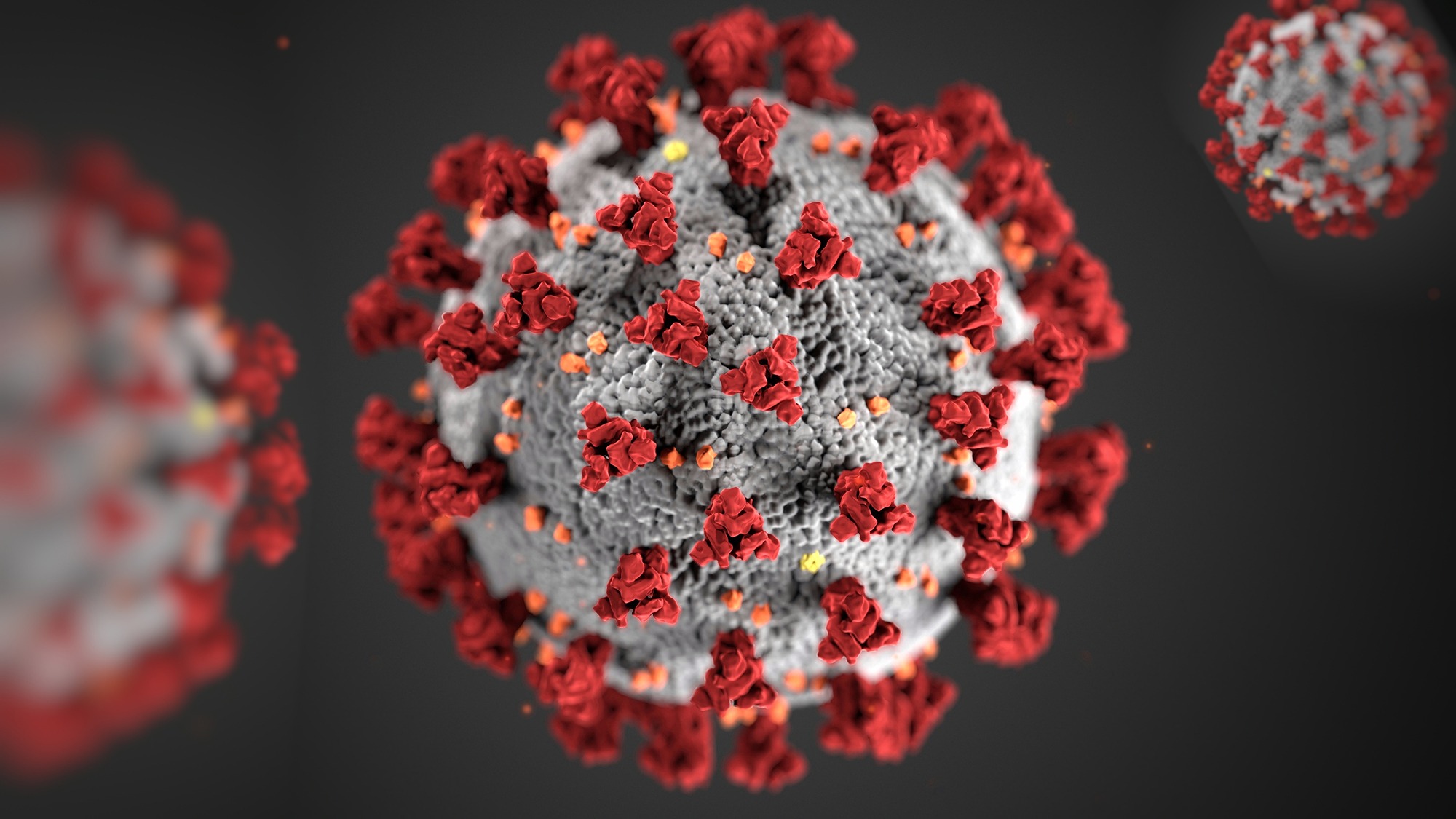
Sepsis
Optimising treatment outcomes for children and adults with sepsis.
Saving lives through early detection of sepsis.
Every year, more than 5000 Australians lose their lives to sepsis, with close to 20,000 Australians developing the illness. Half of paediatric sepsis patients die within the first 24 hours.
This project will pilot the use of bacterial genome sequencing from patients using a hand-held genomic sequencing device. This means bacterial species could be identified quickly and accurately, in as little as 20 minutes.
This will allow correct antibiotics to be prescribed sooner, no matter where a patient is in Queensland: metropolitan, rural or remote areas. This will save lives, reduce the number of serious complications and length of stay in intensive care due to sepsis.
This is a clinical innovation project, which explores new applications of medical genomics in clinical practice.
Project Investigators
Project leaders engage with and draw upon the expertise of partners within universities, research institutes and hospital and health services around Queensland.
Associate Professor Luregn Schlapbach, Queensland Children’s Hospital and The University of Queensland (lead)
Dr Adam Irwin, Queensland Children’s Hospital and The University of Queensland
Professor Jason Roberts, Metro North Hospital and Health Service and The University of Queensland
Dr Patrick Harris, The University of Queensland and Pathology Queensland
Professor David Paterson, The University of Queensland
Associate Professor Lachlan Coin, The University of Queensland
Professor Jeff Lipman, Metro North Hospital and Health Service
Associate Professor Peter Kruger, Metro South Hospital and Health Service and The University of Queensland
Associate Professor Kieran Shekar, Prince Charles Hospital
Dr Seweryn Bialasiewicz, The University of Queensland
Associate Professor Scott Beatson, The University of Queensland





